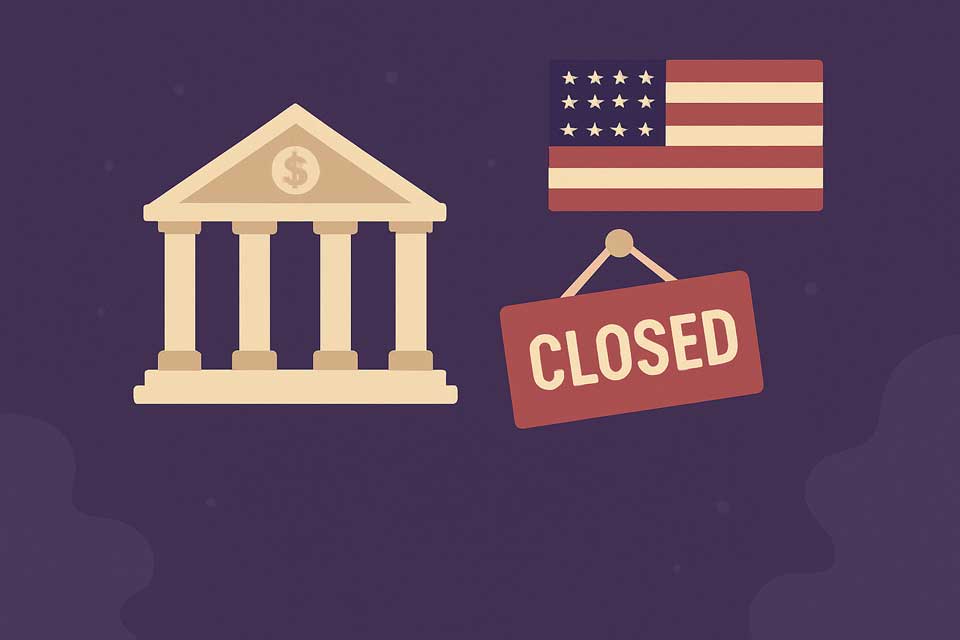Every few years, the phrase “federal shutdown” makes its way back into headlines, sparking worry, confusion, and political debate. But what does a shutdown really mean, and why does it matter to everyday Americans?
A federal government shutdown occurs when Congress fails to pass the necessary spending bills or a continuing resolution to fund government operations. Without that funding, agencies that rely on annual appropriations cannot continue business as usual. While “essential” services continue—such as national security, air traffic control, and Social Security payments—many agencies scale back dramatically, and hundreds of thousands of federal workers face furloughs.
Why Shutdowns Happen
Shutdowns stem from gridlock in Congress, often during budget negotiations. Disagreements over policy priorities, spending levels, or even unrelated political demands can derail the process. The most recent shutdown debates illustrate how contentious issues—ranging from border security to healthcare funding—can stall the passage of critical appropriations bills.
For a breakdown of the mechanics, the Congressional Research Service provides a detailed overview of federal shutdown procedures. It highlights that while the Antideficiency Act prohibits federal agencies from spending money without congressional approval, there is little leeway when lawmakers fail to reach an agreement.
The Human Impact
For federal employees, shutdowns are not just political theater—they’re paychecks delayed or missed. During the 35-day shutdown in 2018–2019, roughly 800,000 federal employees were either furloughed or working without pay. Many relied on food banks, short-term loans, or second jobs just to get by.
Contractors also feel the squeeze, often with no guarantee of back pay. Small businesses that rely on government contracts or foot traffic near closed national parks and offices may struggle. Even routine services—like applying for permits, receiving loans from the Small Business Administration, or scheduling federal court cases—slow to a crawl.
For more on how these disruptions unfold, The New York Times outlines the immediate effects on different sectors.
Broader Economic Consequences
Shutdowns don’t just impact federal workers—they ripple across the broader economy. Consumer confidence often dips as uncertainty grows, and local economies near federal offices take a hit when thousands of employees aren’t spending as usual.
Moody’s Analytics once estimated that the 2013 shutdown reduced GDP growth by 0.3 percentage points. That may sound small, but it represents billions in lost economic activity. And while back pay for federal workers eventually restores some purchasing power, the broader disruptions—from delayed government contracts to halted research—leave a lasting mark.
If you’re interested in how economic uncertainty affects financial systems more broadly, you might explore the impact of rate cuts on stablecoins for a parallel look at market volatility.
Political Stakes
Shutdowns are often more about political leverage than fiscal responsibility. Lawmakers use the looming threat of a shutdown to push negotiations, but the public perception of blame can influence elections and approval ratings. For example, the prolonged 2018–2019 shutdown damaged trust in both Congress and the White House, according to multiple surveys. This dynamic makes shutdowns not just a budgetary issue but a political one with long-term consequences.
Why This Matters to You
Even if you don’t work for the federal government, a shutdown can touch your life. Planning a trip to a national park? It may be closed. Filing taxes? Processing might be delayed. Relying on federally backed loans? Approval could be stalled.
In a highly interconnected economy, moments of political brinkmanship can shape everyday experiences. Shutdowns remind us that the functioning of government isn’t abstract—it’s tied directly to workers, families, and businesses across the country.
Looking Forward
As the nation edges toward each new budget deadline, the recurring question is whether leaders will prioritize compromise over conflict. Shutdowns may be a recurring feature of American politics, but they don’t have to be inevitable.
The next time a shutdown looms, consider not just the headlines but the people behind them: the park ranger missing a paycheck, the small business waiting for a contract, the family putting off a loan. Political battles may drive the drama, but it’s ordinary Americans who carry the burden.
Maybe the better question isn’t if the government will shut down again, but how long we’ll accept it as business as usual.
